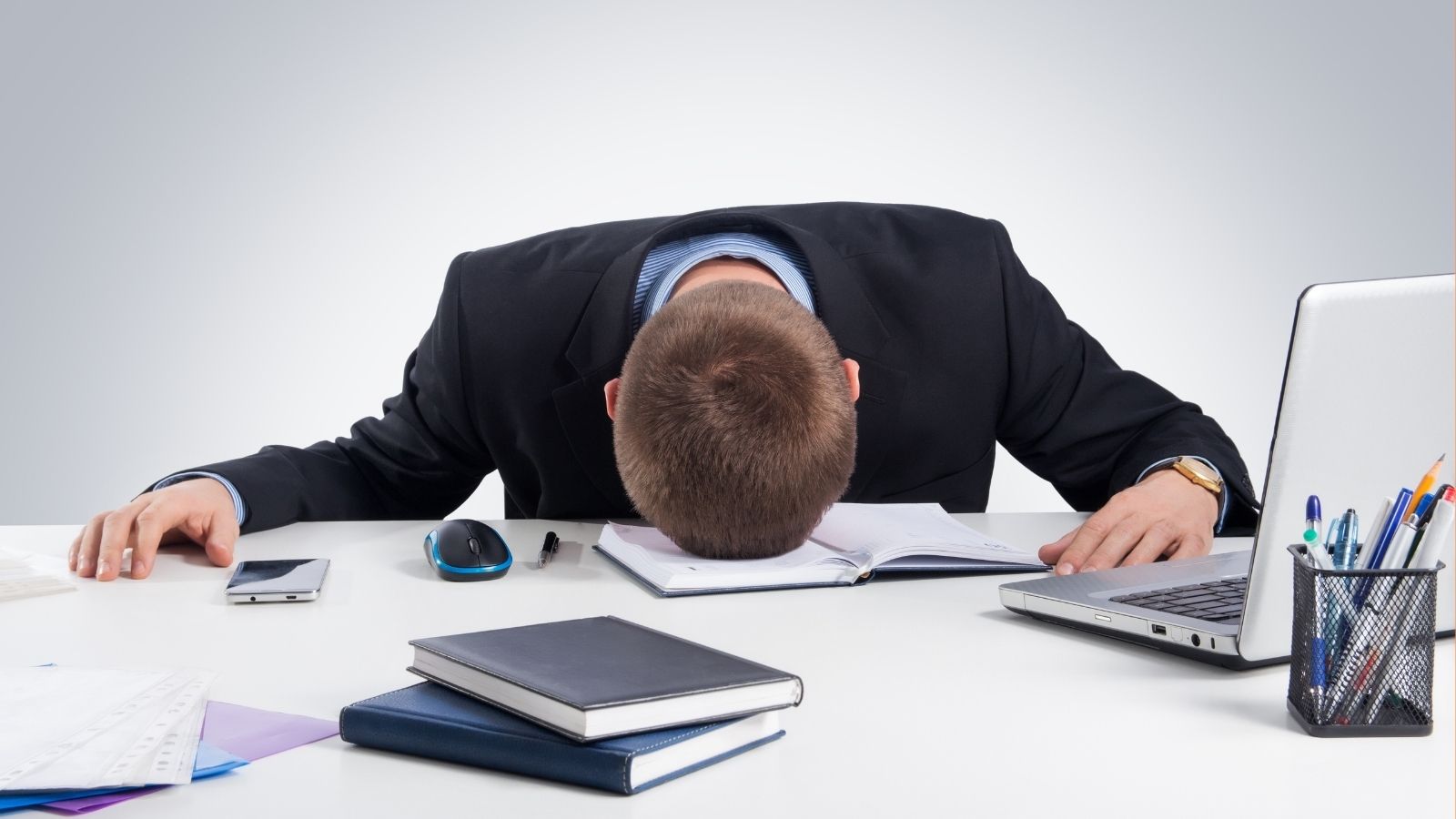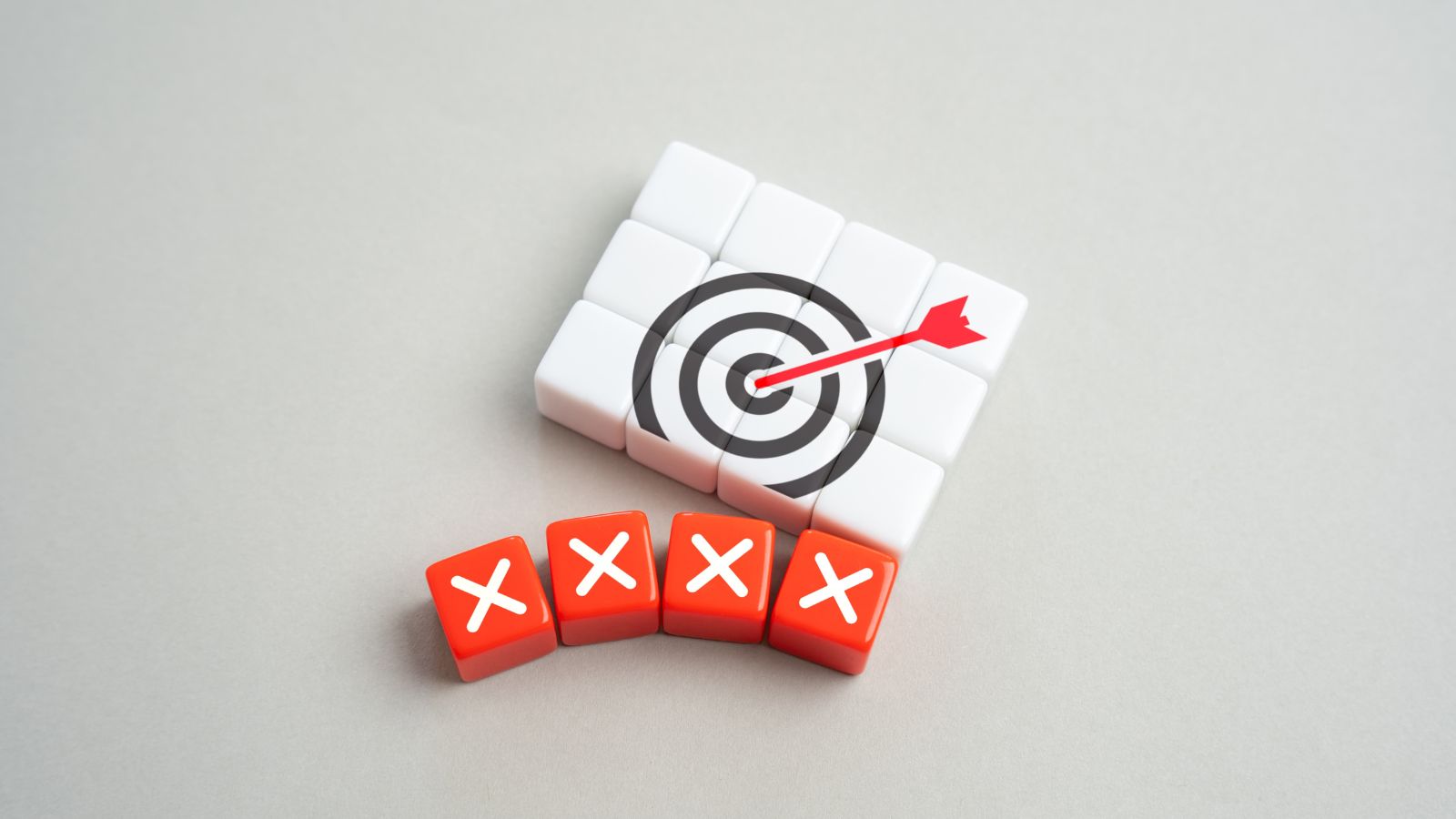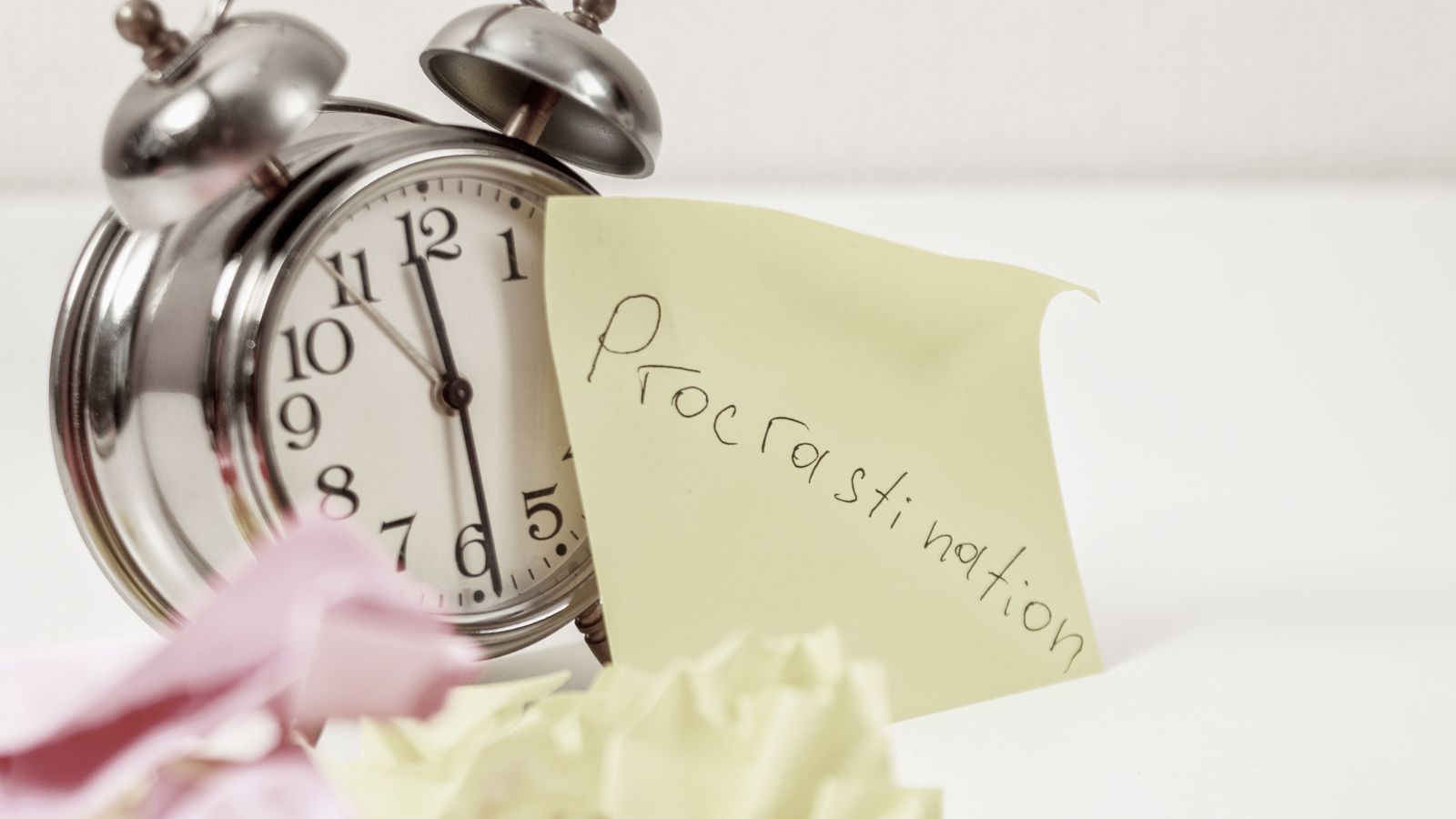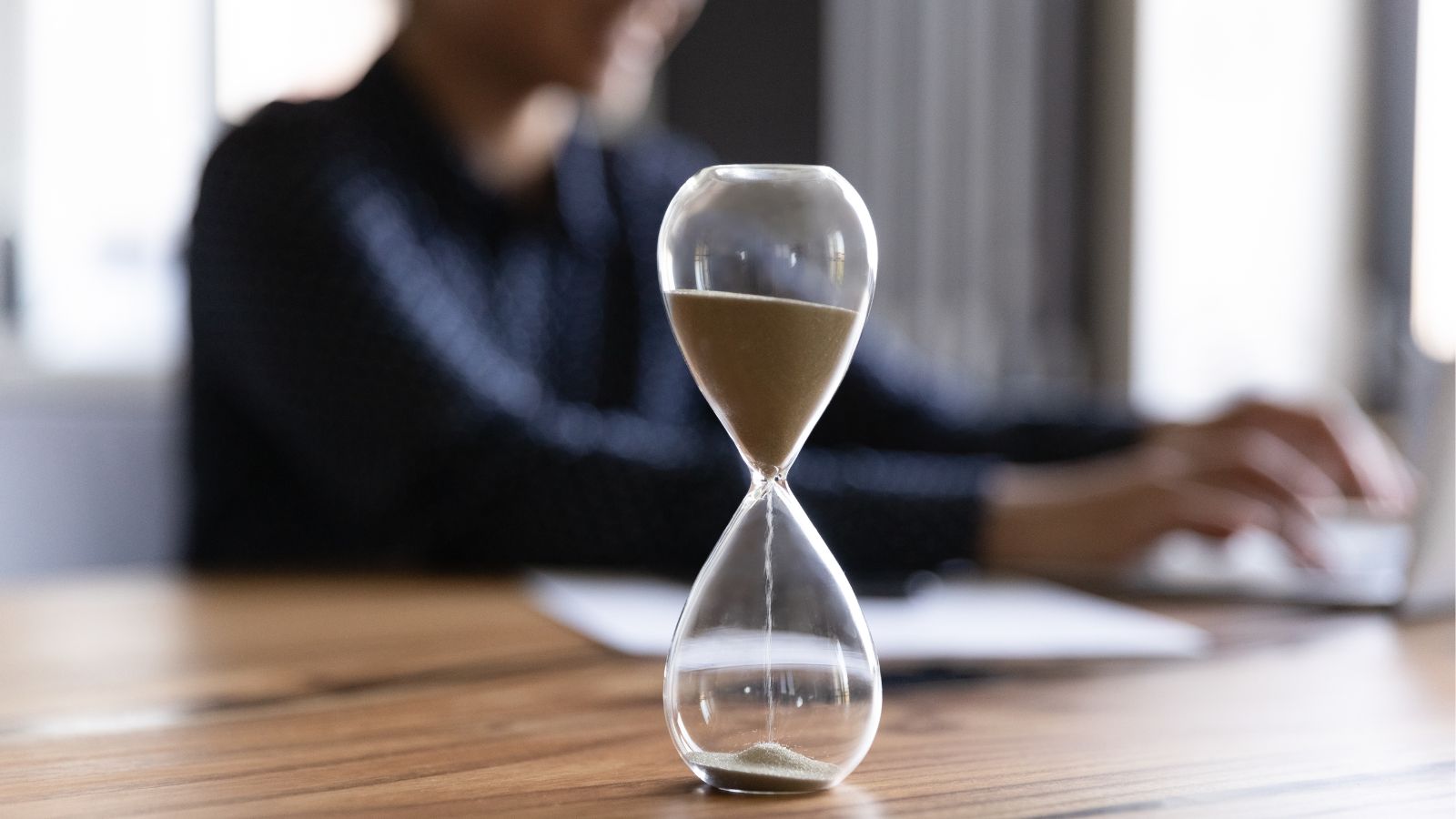When life is busy, it’s easy to overlook the subtle ways in which our habits can sap our mental energy. While high-stress careers and major life events are obvious culprits, some everyday behaviors can also secretly drain our mental reserves. We look at 18 surprising habits that might be quietly undermining your mental energy.
Constantly Checking Your Phone

Endlessly scrolling through social media or checking emails might seem harmless, but it can lead to mental fatigue. The constant influx of notifications and information can fragment your attention, leading to decision fatigue and increased stress levels.
Multitasking

While multitasking might seem efficient, it often results in reduced productivity and increased mental exhaustion. Shifting between tasks can make it harder to focus and complete tasks effectively, draining your cognitive resources.
Overcommitment

Saying yes to every invitation or request can overwhelm your schedule and mental capacity. Overcommitting leads to stress and burnout as you struggle to juggle multiple responsibilities without adequate rest.
Perfectionism

Striving for perfection can be mentally exhausting as we often feel we’re not doing enough no matter how hard we try. The constant pressure to achieve results can lead to anxiety and self-doubt, which drains mental energy and can lead to long term unhappiness.
Procrastination

Putting off tasks can lead to a buildup of unfinished work and looming deadlines, increasing stress and mental strain. The anxiety associated with procrastination often makes tasks seem more daunting and less manageable.
Negative Self-Talk

The habit of critiquing yourself harshly or focusing on perceived failures can be mentally draining. Convincing yourself that you’re not good enough and taking a glass half-empty attitude can impact your self-esteem and increase stress, making it harder to stay motivated and focused on your everyday tasks.
Cluttered Environment

A disorganized workspace or living area can be a significant mental drain. Clutter can create a sense of chaos and overwhelm, making it harder to concentrate and leading to increased stress levels.
Lack of Boundaries

Not setting clear boundaries between work and personal life can lead to burnout. Constantly being available and not taking time to disconnect can deplete your mental energy and affect your well-being.
Unhealthy Diet

Poor dietary choices, such as consuming excessive sugar and caffeine, can impact your mental clarity and energy levels. A balanced diet that’s rich in vitamins is essential for maintaining your energy and mental focus throughout the day, rather than yo-yoing between ups and downs.
Insufficient Sleep

Not getting enough quality sleep can significantly affect your mental performance and mood. Chronic sleep deprivation impairs cognitive function, memory and emotional regulation, which leads to you feeling tired and unmotivated.
Overuse of Digital Devices

Extended screen time, especially before bed, can interfere with your sleep patterns and overall mental health. Blue light from screens can disrupt circadian rhythms, making it harder to fall asleep and rest properly.
Avoiding Physical Activity

A sedentary lifestyle can lead to reduced mental alertness and increased feelings of lethargy. Even when you’re tired, regular physical activity will maintain good mental health, as the endorphins released while exercising can boost your mood and improve cognitive function.
Excessive Worrying

Constantly ruminating on potential problems or future events can drain your mental energy. Excessive worrying can lead to chronic stress and anxiety which will negatively impacting your overall mental well-being.
Social Media Comparisons

Comparing yourself to others on social media can erode self-esteem and mental energy. Constant exposure to curated, idealized images can create feelings of inadequacy and lead to unnecessary stress.
Lack of Downtime

Not taking regular breaks or downtime can lead to mental exhaustion, even if you’re achieving things that make you happy. Continuous work without periods of rest can diminish your ability to focus and recharge, increasing the risk of burnout.
Overthinking

Excessive rumination on past events or future scenarios can drain mental energy and create unnecessary stress. Overthinking often leads to paralysis by analysis, where decision-making becomes more difficult.
Unresolved Conflicts

Avoiding or ignoring conflicts can create ongoing mental stress. Unresolved issues can linger in your mind, draining your emotional energy and affecting your overall mental health.
Poor Time Management

Struggling with time management can lead to a constant feeling of being rushed and overwhelmed. Poor planning and scheduling can result in missed deadlines, increased stress and diminished mental clarity.
18 Reasons Why People Are Leaving Florida in Masses

Exploring factors that impact the desirability of living in Florida, this list delves into various challenges shaping residents’ experiences. From environmental concerns like rising sea levels to economic factors such as fluctuating job markets, these issues collectively contribute to a nuanced understanding of the state’s appeal.
18 Reasons Why People Are Leaving Florida in Masses
